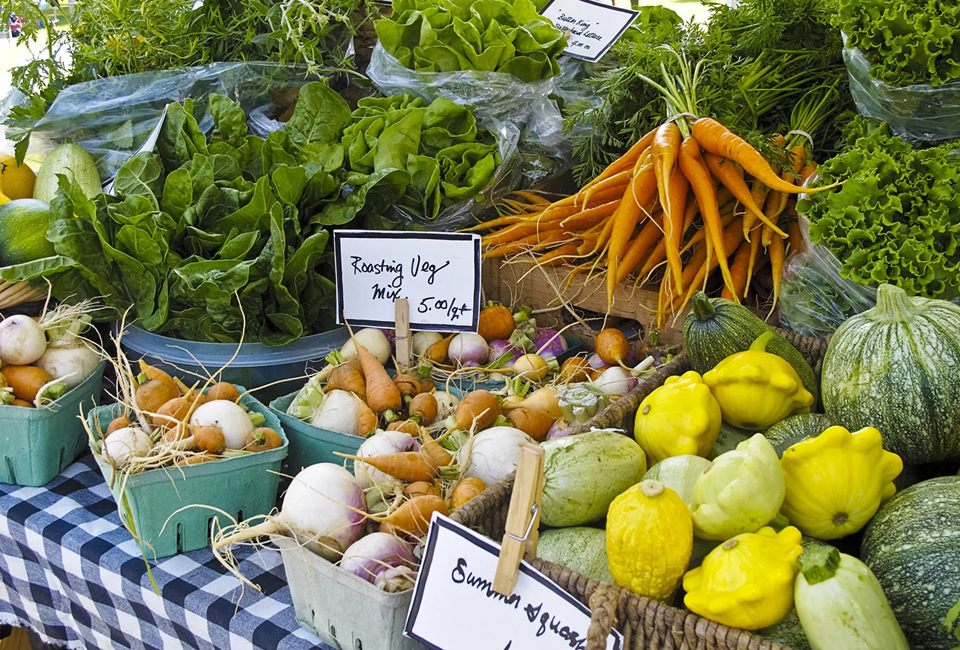
What Makes Organic Food A Wise Choice
When it comes to health benefits, organic food stands out. It’s grown without synthetic pesticides and fertilizers, which means it carries fewer residues of these chemicals. Additionally, organic food is free from genetically modified organisms (GMOs), providing a more natural dietary option.
Environmental sustainability is another strong point for organic food. Organic farming practices are designed to be kinder to the environment. They promote biodiversity, improve soil health, and reduce pollution by avoiding synthetic chemicals. By choosing organic food, consumers indirectly support these environmentally friendly farming practices.
The taste of organic food is often reported to be superior. Without the use of synthetic chemicals, organic fruits and vegetables can grow at their natural pace, which allows them to develop a fuller flavor. Many people find that organic food tastes fresher and more flavorful than their non-organic counterparts.

Despite these advantages, it’s important to acknowledge the challenges associated with organic food. One of the main concerns is the higher cost. Organic farming is more labor-intensive and yields smaller crops compared to conventional farming, which can lead to higher prices. However, many people find the benefits of organic food to be worth the extra cost.
Another concern is the availability of organic food. While it’s becoming more widely available, organic food can still be harder to find than non-organic food, especially in certain regions or for certain types of food. It’s worth noting that many supermarkets and online stores are expanding their organic offerings in response to increasing demand.
In terms of tips for incorporating organic food into your diet, start small. You don’t have to switch to a fully organic diet overnight. Begin by replacing a few key items, such as fruits and vegetables that you eat regularly. Over time, you can gradually increase the amount of organic food in your diet.
Buying in season can also help manage the cost of organic food. Organic fruits and vegetables are usually cheaper when they’re in season. Plus, they’re likely to be fresher and tastier too.
Organic food offers a host of benefits that make it a wise choice for health-conscious consumers and those who care about the environment. While there are challenges to consider, the advantages of organic food can outweigh the drawbacks for many people. With thoughtful planning and gradual changes, it’s entirely possible to enjoy the benefits of organic food without breaking the bank.
